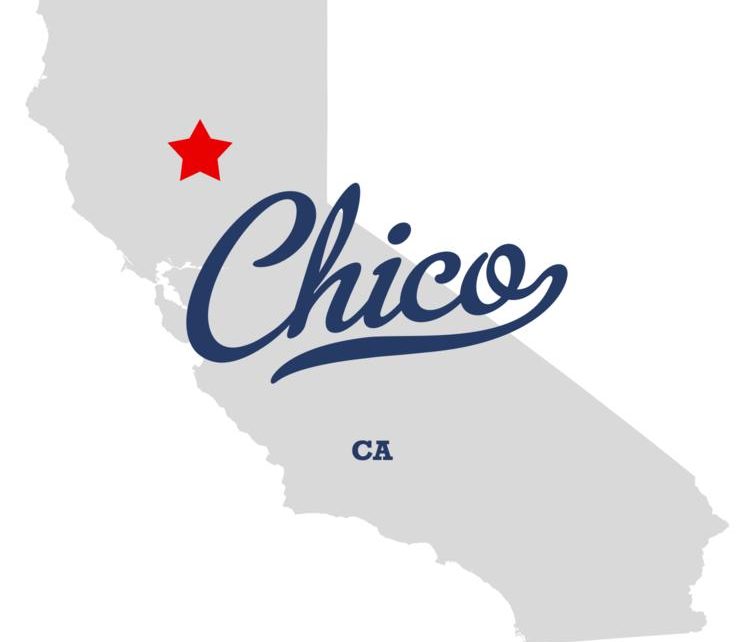
Chico, CA
Nor Cal Towns Rebuilding Following Devastating Camp Fire, While Chico Plays Politics
Chico residents say City Council refused to streamline building process
By Katy Grimes, August 6, 2019 3:11 pm
‘Chico has ignored the Camp Fire victims’
The 30 Cities People Are Running From reports that Chico, California is number #26. “Chico has one of the fastest growing crime rates. There is a big gap between the rich and the poor. According to some locals, the cartel has also become a huge problem in the area. With the drug crimes and substance abuse issues in Chico, it’s no wonder that crime rates are scaring residents away.”
Los Angeles is number#3 on this same list. “You truly do need to be a millionaire to buy a house there,” among many other reasons, including vagrants defecating on the streets.
Coming in at #1 on this list is San Francisco, California. “The city is famous for its quaint trolleys and hipster vibes, but it is also one of the most expensive places to live in the country;” and is also known for its defecation maps for tourists.
But Chico? Local Chico residents say in this politically polarizing community, all of this is true, and worse. “And the Mayor is playing politics following a disaster,” one resident said.
The Camp Fire
The 2018 Camp Fire killed 85 people and destroyed more than 14,000 homes, displacing 50,000 people from the nearby Butte County communities of Paradise, Concow, and Magalia, and destroyed almost 20,000 buildings. In an interview, Assemblyman James Gallagher (R-Yuba City) said, “It will take years for these communities to rebuild, and in the meantime, evacuees need to be able to find stable housing. While some will choose to rebuild, others will try to find permanent housing in surrounding areas.”
According to several Chico residents California Globe spoke with, Chico’s City Council and Mayor refuse to work with FEMA on temporary housing, prioritizing instead “taking care of the homeless,” the burgeoning cannabis retail business, and the newly declared “climate emergency.”
“Meanwhile, our incompetent left-leaning Chico city council has done next to nothing to help fire victims,” said Anthony in an interview. “Shame on them.”
Camp Fire survivors are being moved in to the Gridley community to stay in temporary FEMA housing. “The 72-acre Gridley Industrial Park has been revamped for 400 newly-built manufactured housing units, or mobile homes. That makes it the largest and most costly FEMA housing site in California,” the Chico Enterprise Record reported.
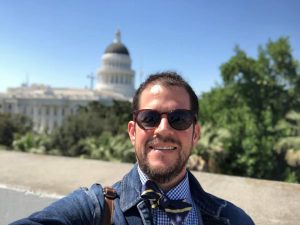
California Globe contacted each of the members of the Chico City Council, as well as Mayor Randall Stone, regarding residents complaining about the lack of housing construction and rebuilding. Mayor Stone replied:
“Lack of rebuilding”?
I’ll direct you to City Manager Mark Orme for correct updates on our status.
We are in a heavy propaganda campaign by a Recall effort.
It is important to clarify what is and what isn’t actually happening.
Randall
The Chico residents said Mayor Stone is indeed facing a recall. “Chico Mayor Randall Stone and Councilor Karl Ory were served with recall notices Tuesday night as they arrived at the City Council meeting,” the Chico Enterprise Record reported in May. In a press release, the organizers of the recall effort said “the Chico community has lost faith in Stone and Ory’s capacity to uphold the city’s mission and charter, to effectively lead the community as it faces daunting challenges in the aftermath of California’s most destructive and deadly fire, and to protect its citizens from criminal activity.”
Chico Building Efforts
Chico City Councilwoman Kasey Reynolds responded immediately to the email. She said Chico already had a very low rental vacancy rate of about 1 percent, prior to the Camp Fire which destroyed the nearby town of Paradise, CA. And Reynolds said Chico has only a 4 percent owner-occupied rate. The rental housing market is huge, largely because Chico is a college town.
Reynolds said following the fire, 20,000 Paradise residents ended up in Chico. The lucky ones scooped up the only rentals available.
Reynolds said the Chico 2030 General City Plan is more focused on infill and multi-family dwellings, rather than single family homes. The majority of the Chico City Council is “anti-sprawl,” which will never solve the housing problem.
Chico City Manager Mark Orme said immediately following the Camp Fire, the city council passed an anti-gouging ordinance on rent prices. “We overlaid that with enhanced accessory dwelling units.” Chico streamlined the approval process for small guest houses to be built on existing properties. But Orme agreed that these also will not solve the immediate housing issue.
Orme noted Chico did finally agree to one FEMA location for temporary housing – for 100 people. Orme said the two previous location proposals were killed by residents on the outskirts of Chico because of excessive traffic concerns, and because of toxic debris traveling through residential neighborhoods.
Another Chico resident pointed out that Paradise fire survivors were families with pets who came from houses, and can’t live long term in apartments, tiny homes or someone’s guest house. They need to rebuild. She said she attends Chico City Council meetings and has found the council’s priorities to be emergency climate change ordinances, cannabis growers and retailers, and environmental building restrictions, “while the nearby towns of Oroville and Gridley have been very can-do about rebuilding and temporary housing for the fire victims.”
She also said a large group of vagrant/homeless people hangs out in Chico’s parks and loiter around City Hall. But this group arrived only after the fire, seeking to capitalize on some of the donated gift cards, gas cards and food meant for fire refugees.
Assembly Bill 430
Assemblyman Gallagher, who represents Chico and the towns destroyed by the fire, authored AB 430 “to streamline the building process by streamlining the California Environmental Quality Act (CEQA) to fast track housing.”
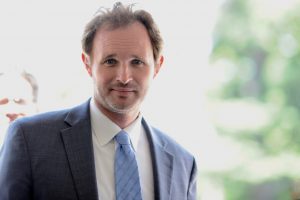
Gallagher says his bill will help encourage construction of critical housing units in appropriate areas throughout Butte County.
“The people of Chico have been very welcoming,” Gallagher said. “But there’s always been a NIMBYism factor in Chico.” Gallagher said he emailed the bill’s language to Chico Mayor Randall Stone for his input, and also called the Mayor to discuss. “I told him we don’t want to take away any land use control, and only want to streamline CEQA to get homes built.”
Gallagher said Mayor Stone “fired the first shot,” when he announced on Facebook that Gallagher’s AB 430 was “Dead on Arrival.” Gallagher offered Mayor Stone official language changes in the bill, but the Mayor was squirrelly “never committing to anything.”
“The Mayor says one thing and does another,” Assemblyman Gallagher said. “But we’ve shown how much he knows about our ability to push things through.” AB 430 has passed all committees with bipartisan support, passed the Assembly 70-1, and currently is in the Senate.
Gallagher said the Chico City Council held a special council meeting which Assemblyman Gallagher attended, and he answered every question from the community, assuring residents the bill was solely to allow housing to be built faster for shovel-ready development. “Three of the council members said ‘CEQA is fine’ and it shouldn’t be waived under any circumstances,” Gallagher said. The council voted 4-1 to remove Chico from AB 430 support. Gallagher said while Chico was removed, he added the City Of Biggs; City Of Corning; City Of Gridley; City Of Orland; City Of Oroville; City Of Willows; City Of Yuba City, supporting AB 430.
Gallagher noted that Chico Mayor Stone is close with a local attorney who sues over every housing project. The attorney sat with the Mayor during the special city council meeting. “To say that infill and multi-family housing is the priority isn’t realistic,” Gallagher said. “The Mayor is cow-towing to environmental interests.”
California Globe asked Assemblyman Gallagher how many of the Camp Fire victims and families are still homeless. “Through FEMA records we see that nearly 400 households still need direct housing assistance,” Gallagher said. “Multiply that by three.”
Homeowners insurance is also becoming a huge problem with existing homeowners. Anthony said his homeowners insurance was just cancelled out of the blue. He reported many other’s whose homes were not burned down are being notified of cancellations as insurance companies are telling customers they are no longer offering insurance in the wildfire areas.
Councilwoman Reynolds, City Manager Orme, and Assemblyman Gallagher, as well as the several residents interviewed, all expressed concern with people choosing to move away rather than rebuilding. “Many are already frustrated with California,” Gallagher said, “so moving becomes easier rather than rebuilding. We are trying to keep them here.”
“I think a lot of people want to rebuild,” Councilwoman Kasey Reynolds said. “The more people from Paradise that get homes and stay, get jobs and work in Chico, the better chance we have of rebuilding. AB 430 could help builders build faster. But the Mayor went to war with Assemblyman Gallagher.”
Reynolds noted that 15-20 percent of Chico employees lived in Paradise prior to the fire because it was much more affordable. “If we build a couple of thousand homes, prices will go down. But if people keep leaving the way they are, it will kill our economy.”
“A lot of people just left the state out of frustration with the state/county red tape issues,” Anthony said. “They received their insurance payments and moved to Tennessee.”
California Globe will have follow up articles on the waning homeowner insurance issue, as well as the rebuilding efforts.
- What is Trump’s Plan B After Supreme Court Strikes Down Tariffs? - February 20, 2026
- New BLS Data Shows Union Membership Drives Falling Flat - February 19, 2026
- NY Federal Reserve Tariff Report an ‘Embarrassment’ - February 19, 2026


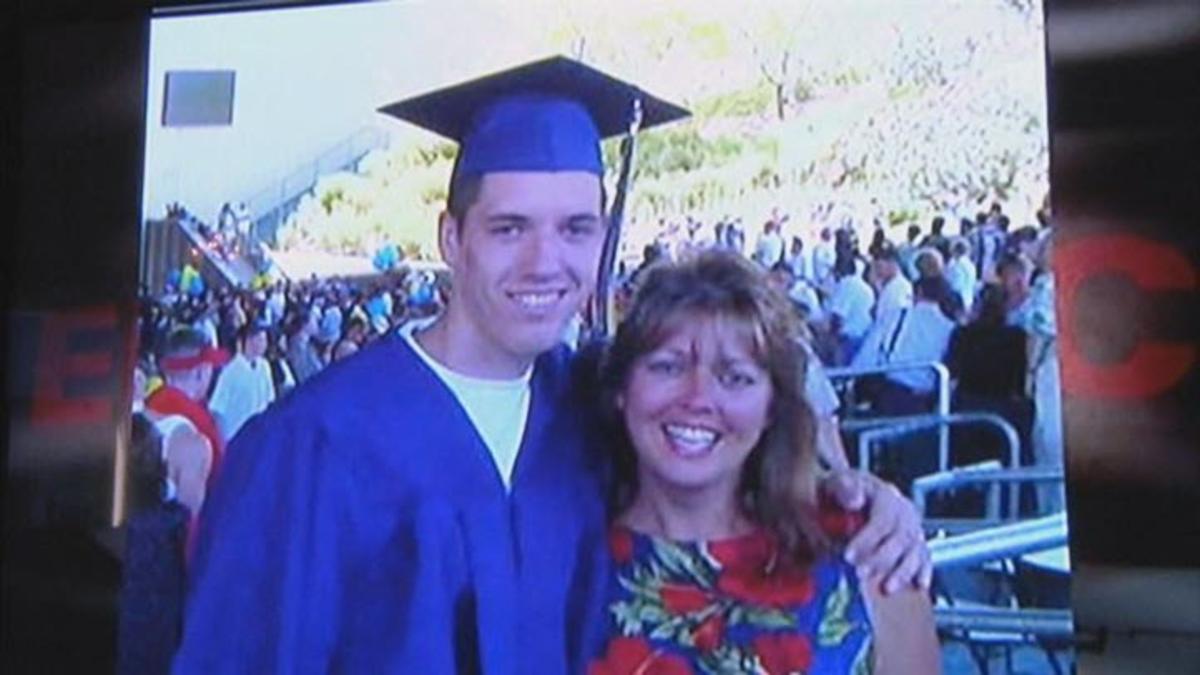
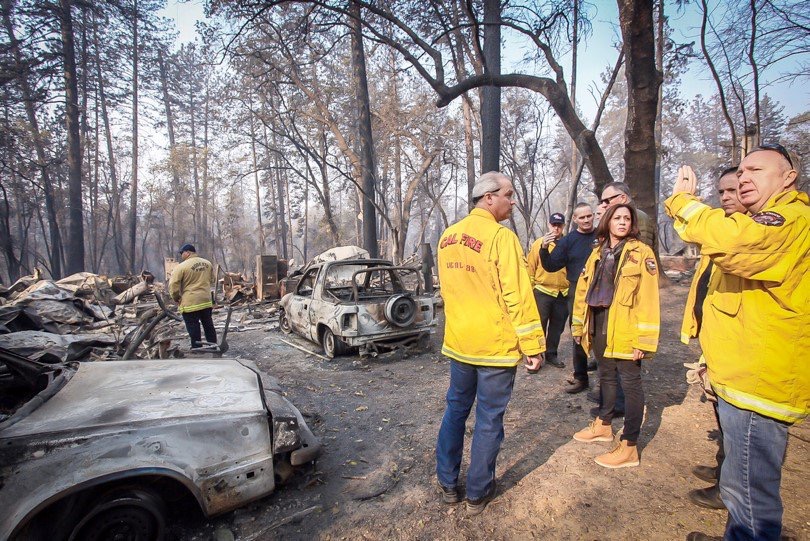

One thought on “Nor Cal Towns Rebuilding Following Devastating Camp Fire, While Chico Plays Politics”